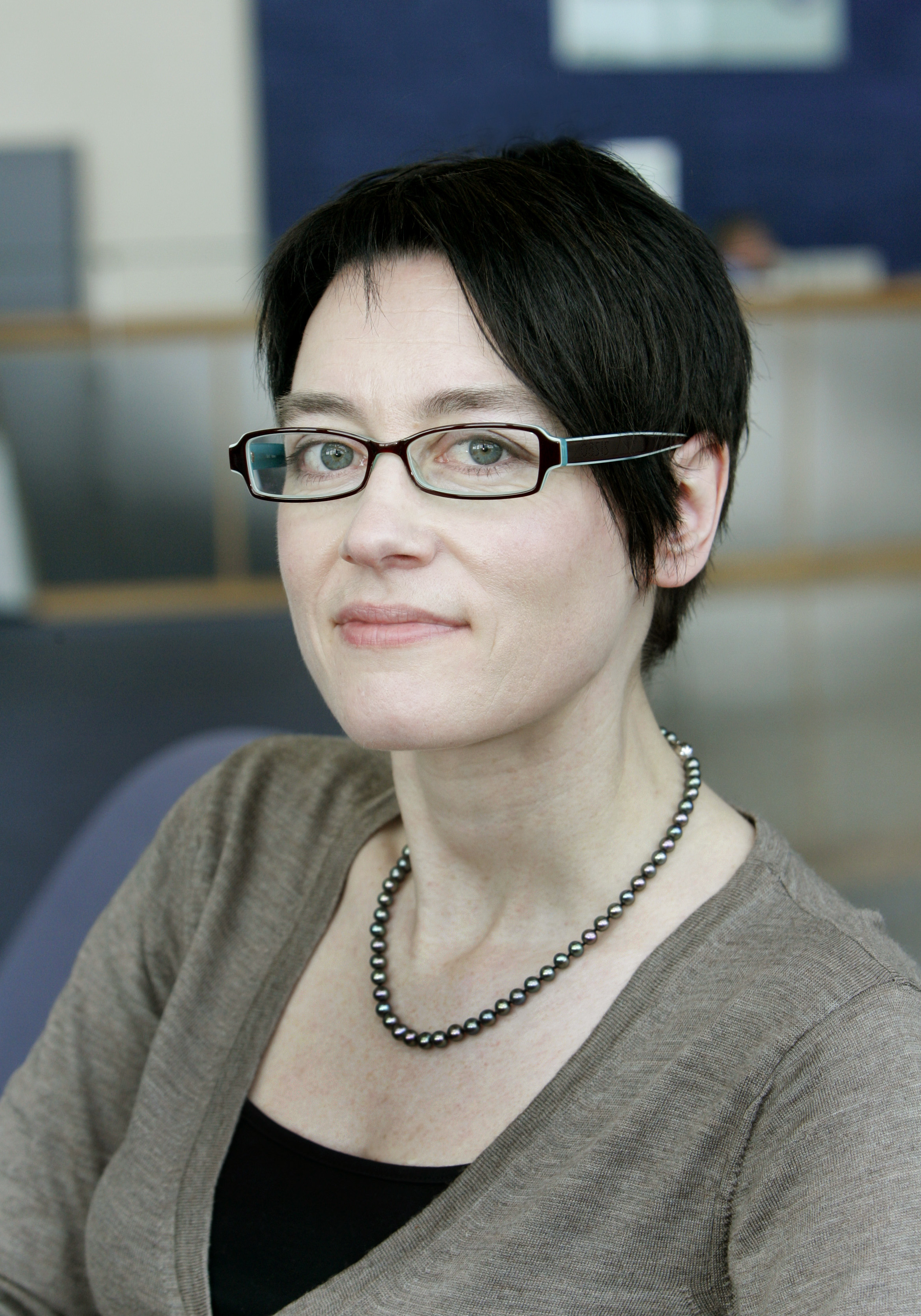Interviews
 Names: Julie Byrne
Names: Julie Byrne
Degree: BA, MSc (1995) Physics
What are your strongest memories of Trinity?
I remember college park during the summer months, the cherry blossoms, the green, green grass and thirst quenching beers at the Pav. Looking back, it seems like the sun was always shining on College Park - could it have been?! I remember the woody smell of the lecture theatres in the Physics Department and the sense of history and discovery in that building. And the quiet studies in the 1937 reading room.
What career path have you taken since graduating?
I’m head of External Collaborations at Nokia Bell Labs. In this role I get to bring the best and brightest research minds from academic institutions around the world together with Bell Labs researchers to collaborate on technology innovations that will change how we live our lives in the future. I didn’t leave Trinity with this career in mind. In fact, as I entered my final year as an undergrad, I had no idea what I wanted to do next. I had the opportunity to do my final year project under the supervision of Professor Ian McAulay collecting seaweed samples from beaches around Dublin Bay and monitoring the levels of radioactive iodine after a patient was treated in a Dublin hospital for thyroid cancer - this was real, fascinating work and I was hooked on research! I was so excited about this project that I applied to Prof. McAulay to do post-graduate research. For the first time in my life I really knew what I wanted to do next. Prof. McAulay introduced me to Professor Denis O’Sullivan at the School of Cosmic Physics, Dublin Institute for Advanced Studies, who brought me on to a project to study the level of heavy cosmic ray particles at commercial aviation altitudes in the atmosphere. Within the first 3 months of the study I was at UC Berkeley’s particle accelerator, the BEVALAC, to calibrate detectors. I worked with labs across Europe and became part of a great collaborative team. I will be eternally grateful to both Ian and Denis for the amazing experience of those years.
After completing my master’s thesis, it was time and to find a job. I set my sights on a job at Intel Ireland, one of the premier tech companies in Ireland. I applied and interviewed for a job as a Quality and Reliability engineer. I had no idea what that meant but I gave it my best shot and got the job. I was very much out of my comfort zone for the first six months. Through plenty of structured training and small projects, my confidence grew and I quickly discovered a whole new skill within me, the skill of bringing people together to solve a problem or create innovation. I wouldn’t come to recognise, let alone appreciate the value of this skill until much later in my career. After 4 years at Intel it was time to move on to the organisation I remain with 19 years later!
I joined Lucent Technologies as a quality engineer and soon after became quality manager. I enjoyed several senior management roles and in 2011 became executive Director of Bell Labs in Ireland, responsible for all aspects of Bell Labs operations in Ireland. I became head of External Collaborations earlier this year and now lead a global team responsible for the Nokia Bell Labs Distinguished Academic Partner Program, a program which aims to deliver disruptive technology innovation through intensive collaboration.
What is your proudest achievement to date?
I am very proud that during my time as Executive Director of Bell Labs Ireland, we doubled in scale and became a truly world class research lab, widely recognised inside and outside the company for delivering high-impact outcomes in wireless communications technologies, data analytics and cloud technologies. It was, and is, an honour and a privilege to work with such a talented team of researchers.
What advice would you offer current students considering a similar career path?
I don’t feel like I had a particular career plan, but when I stop and think about it, I do believe that there were a few success factors that brought me to where I am today. My advice is:
- Be true to yourself, always. It takes some soul searching, but don’t be shy to recognise your talents and make them the basis of your reputation or your brand.
- Be brave enough to share your ideas and worry less about doing or saying the wrong thing.
- People matter - Invest the time to cultivate long lasting, trusting relationships.
- Be prepared to be flexible. Things change, so learn to adapt!

